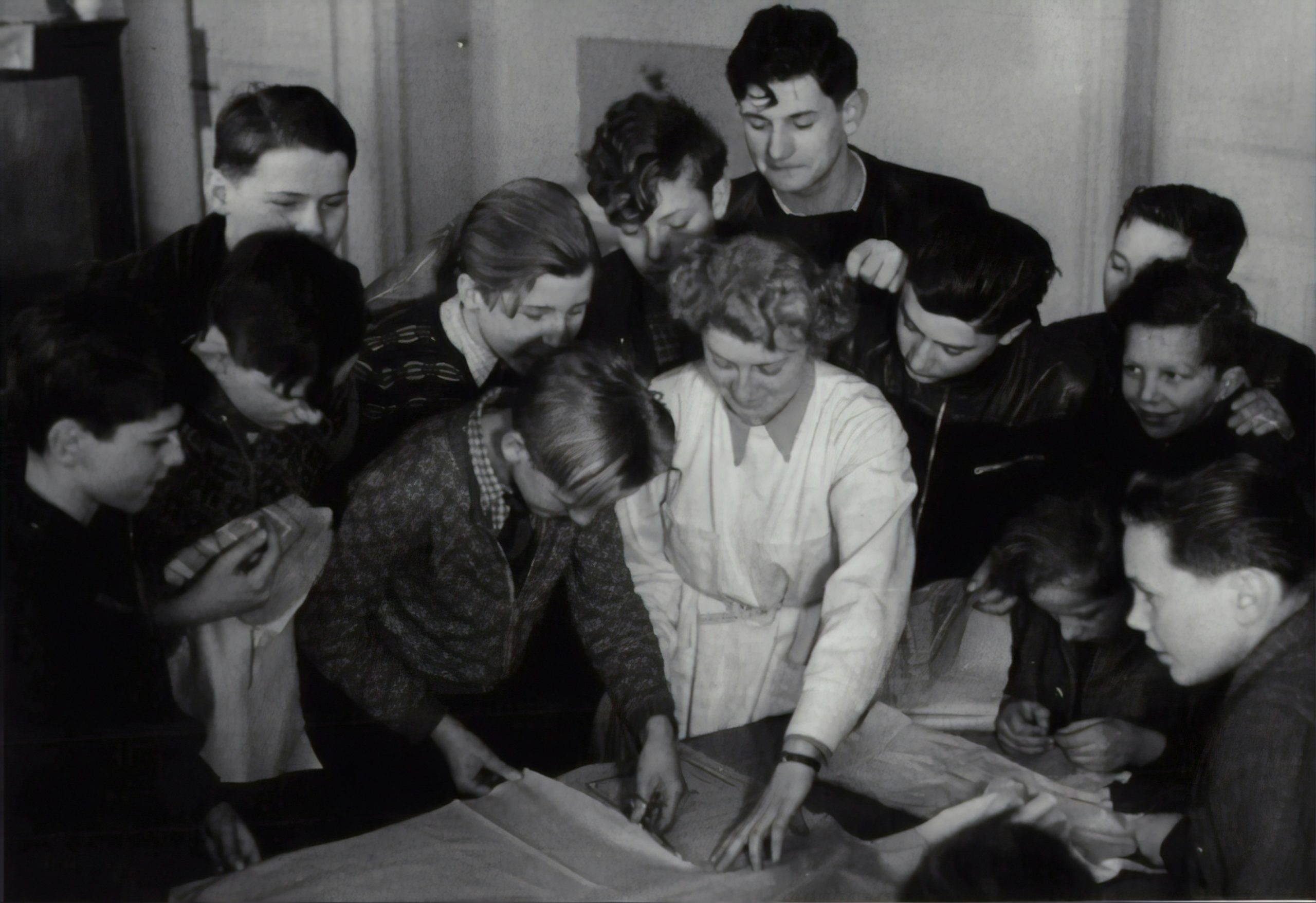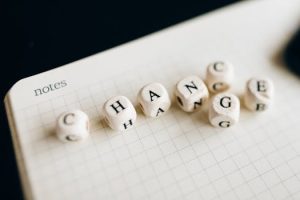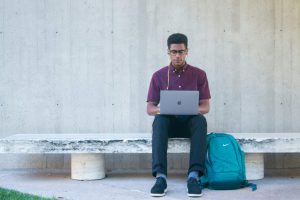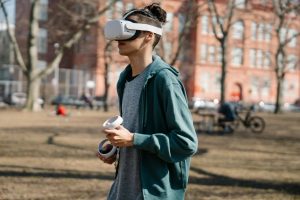Beyond Traditional Pedagogical Approaches in Modern Education
Welcome to the modern world of education, where new and innovative methods of learning have taken over the traditional pedagogical approach. While the traditional methods have been the basis of education for centuries, the dynamic and constantly evolving world we live in has called for a shift towards more holistic and personalized approaches to learning. This has given rise to the concept of “Beyond Traditional Pedagogical Approaches in Modern Education”. In this article, we will delve deeper into this topic and explore the different approaches that are shaping the future of education.
The Limitations of Traditional Pedagogy
Before we look into the new pedagogical methods, let’s first understand why the traditional approach is no longer sufficient. Traditional pedagogy focuses primarily on the teacher as the main source of knowledge and relies heavily on lectures, textbooks, and standardized tests. This approach does not take into account the individual needs and learning styles of students, which often leads to disengagement and a lack of motivation to learn.
Moreover, as the world changes and becomes more globalized, the demand for specific skills and knowledge is also constantly evolving. This means that the traditional pedagogical approach, which is based on rote learning and memorization, is no longer preparing students for the real world.
Personalized Learning: A Key Component of Modern Education
The Concept of Personalized Learning
Personalized learning is a student-centered approach that focuses on the individual needs and interests of students. This method takes into account the diverse learning styles, abilities, and interests of students and tailors the education experience to suit them.
The Benefits of Personalized Learning
One of the main benefits of personalized learning is that it increases student engagement and motivation. By allowing students to have a say in their learning, they become more invested and take ownership of their education. This approach also promotes critical thinking, problem-solving, and creativity, which are essential skills for success in the modern world.
Furthermore, personalized learning helps to bridge the achievement gap and cater to students with diverse backgrounds and learning levels. This creates a more inclusive and equitable learning environment, where every student has the opportunity to thrive.
The Rise of Online and Blended Learning
Online Learning
In recent years, the popularity of online learning has increased significantly. With the advancements in technology, it has become easier for students to access educational resources and engage in virtual classrooms. Online learning offers the flexibility and convenience of learning at one’s own pace and from anywhere in the world.
Blended Learning
Blended learning is a combination of online and traditional classroom learning. This approach allows students to have a mix of face-to-face interaction and online learning, providing the best of both worlds. It also promotes self-directed learning, collaboration, and independent thinking.
Project-Based Learning: Learning by Doing
Project-based learning is a hands-on approach that focuses on real-world problems and projects. This method allows students to apply their knowledge and skills to create tangible outcomes. It also promotes teamwork, communication, and problem-solving, which are essential skills for the 21st century.
Moreover, project-based learning encourages students to be active learners and take responsibility for their learning. This can lead to a deeper understanding and retention of knowledge, as well as a sense of accomplishment and pride in their work.
The Importance of Soft Skills in Modern Education
While traditional pedagogy mainly focuses on academic knowledge, modern education recognizes the importance of soft skills in the workplace. Soft skills, such as communication, teamwork, adaptability, and critical thinking, are crucial for success in the workforce. Therefore, modern pedagogical approaches also incorporate the development of these skills.
One way to foster soft skills is through experiential learning, where students gain practical experience through internships, community service, and hands-on projects. This allows students to develop an understanding of real-world situations and the skills needed to thrive in them.
The Role of Technology in Modern Education
Technology has revolutionized the way we live, work, and learn. In modern education, technology plays a significant role in enhancing the learning experience. With the use of educational apps, online resources, and interactive tools, students can engage in personalized and self-directed learning. Technology also allows for immediate feedback, which is crucial for student growth and development.
In Conclusion
Beyond Traditional Pedagogical Approaches in Modern Education is a broad and ever-evolving concept. The methods and approaches discussed in this article are just a few examples of the new and innovative ways of learning that are shaping the future of education. As the world continues to change, it is essential to adapt our pedagogical methods to ensure that students are equipped with the necessary skills and knowledge to thrive in the modern world.
References:
1. “Beyond Traditional Pedagogies in Modern Education: UK-China Perspectives” by Qing Gu and Willy de Weerd (2017)
2. “Personalized Learning: A Guide for Engaging Students with Technology” by Peggy Grant and Dale Basye (2018)
3. “Blended Learning: Research Perspectives” by Sharath J. (2017)
4. “Project Based Learning: An Integrated Science, Technology, Engineering, and Mathematics (STEM) Approach” by Robert M. Capraro, Mary Margaret Capraro, and James Morgan (2013)
5. “The Role of Technology in Project-Based Learning” by Alice Fornaciari and Milena Tsvetkova (2016)











